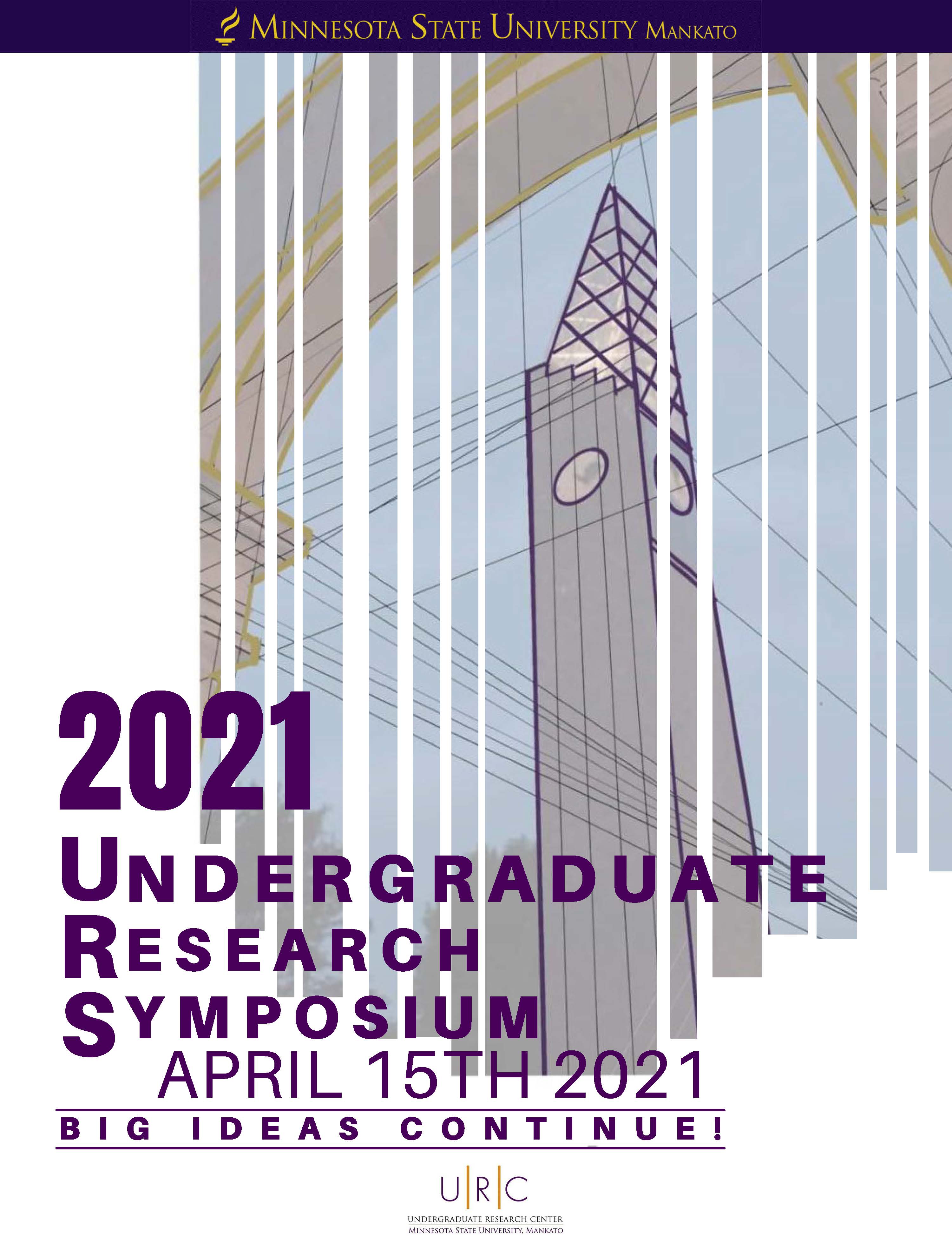Learning about Global Elder Care Practices Through an International Virtual Collaboration
Start Date
15-4-2021 2:00 PM
End Date
15-4-2021 3:00 PM
Student's Major
School of Nursing
Student's College
Allied Health and Nursing
Mentor's Name
Renee Kumpula
Mentor's Department
School of Nursing
Mentor's College
Allied Health and Nursing
Second Mentor's Name
Kelly Krumwiede
Second Mentor's Department
School of Nursing
Second Mentor's College
Allied Health and Nursing
Description
Nursing students from Minnesota State University participated in a virtual international program on evidence-based dementia care and planning for elder care transitions. The week-long program featured international expert guest lecturers (from Austria, Scotland, and Singapore) with facilitated discussions and interactive activities. The purpose of this international learning experience was for students to analyze nursing care offered in various countries. Considering cultural, social, and economic factors, students explored how elder individuals with chronic morbidities can be supported in the home and community. Students from the United States, Austria, Chile, and the United Kingdom worked in small groups to explore elder care and public health models. Students developed a case scenario and presented a holistic nursing care plan at a virtual conference at the end of the program. Their plans were designed for an elderly patient diagnosed with chronic illnesses who was being discharged from the hospital to home. Students chose interventions involving analysis of healthcare services, interdisciplinary teams, reimbursement/ economic models, social supports, and community resources. This expanded student perspectives to compare and contrast elder care alternatives in Minnesota, from urban to outstate, with other countries. Students gained appreciation for different models of healthcare services and reimbursement on four continents. They established new relationships for collaboration and networking with peers around the globe. This opportunity afforded accessible learning without traveling abroad during a pandemic. Student evaluations and reflections indicated positive learning from experts and peers that will help students provide inclusive, relevant, and culturally sensitive care in future nursing practice.
Learning about Global Elder Care Practices Through an International Virtual Collaboration
Nursing students from Minnesota State University participated in a virtual international program on evidence-based dementia care and planning for elder care transitions. The week-long program featured international expert guest lecturers (from Austria, Scotland, and Singapore) with facilitated discussions and interactive activities. The purpose of this international learning experience was for students to analyze nursing care offered in various countries. Considering cultural, social, and economic factors, students explored how elder individuals with chronic morbidities can be supported in the home and community. Students from the United States, Austria, Chile, and the United Kingdom worked in small groups to explore elder care and public health models. Students developed a case scenario and presented a holistic nursing care plan at a virtual conference at the end of the program. Their plans were designed for an elderly patient diagnosed with chronic illnesses who was being discharged from the hospital to home. Students chose interventions involving analysis of healthcare services, interdisciplinary teams, reimbursement/ economic models, social supports, and community resources. This expanded student perspectives to compare and contrast elder care alternatives in Minnesota, from urban to outstate, with other countries. Students gained appreciation for different models of healthcare services and reimbursement on four continents. They established new relationships for collaboration and networking with peers around the globe. This opportunity afforded accessible learning without traveling abroad during a pandemic. Student evaluations and reflections indicated positive learning from experts and peers that will help students provide inclusive, relevant, and culturally sensitive care in future nursing practice.




